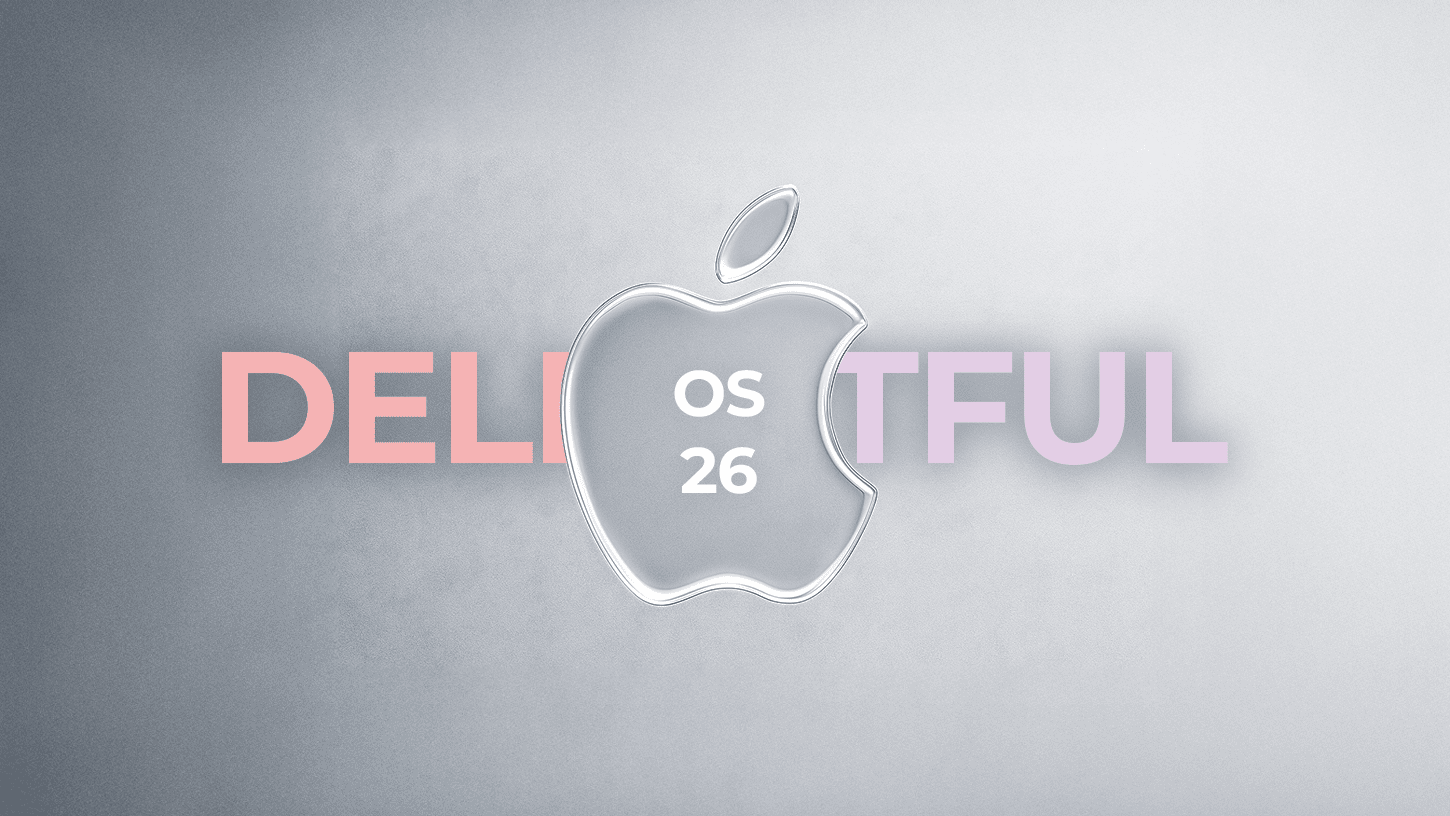Privacy on Trial: Lawmakers Urge Transparency in Apple’s UK Spy Court Battle

In a move that has stirred international debate, Apple’s legal battle against a UK surveillance order unfolds behind closed doors, sparking calls for transparency from U.S. lawmakers and digital rights advocates. The case, which centers on government demands for backdoor access to encrypted communications, was heard in secret last week at the UK’s Investigatory Powers Tribunal (IPT). This special court oversees complaints against British intelligence agencies.
While the UK government pushes for enhanced surveillance powers, Apple is challenging an order that could force it to weaken its own security systems, potentially impacting billions of users worldwide. What’s alarming to experts and policymakers alike is the nature of the order and the lack of public scrutiny over proceedings that affect global privacy rights.
A Secret Hearing with Global Implications
According to Reuters, The Guardian, and TechCrunch, Apple’s case aimed at resisting a technical capability notice under the Investigatory Powers Act was conducted entirely in secret, with no public access, no press attendance, and no public ruling expected soon.
This secretive approach has raised alarms, especially considering the broad implications for end-to-end encryption and user privacy. If Apple is forced to comply with UK demands, it could set a dangerous precedent for other nations seeking similar backdoors into encrypted platforms like iMessage and FaceTime.
U.S. Lawmakers Demand Public Transparency
Adding to the pressure, U.S.Senator Ron Wyden and other lawmakers sent a formal letter to the UK government urging that the case be heard in public. They argue that “the outcome of this case could have profound consequences for the privacy and security of people around the world” and that such a matter should not be shrouded in secrecy.
“The American people and people around the world who rely on Apple’s products to protect their private messages should not be left in the dark about whether Apple will be forced to build a backdoor,” the letter states.
Their intervention reflects growing international concern over government overreach and the erosion of encrypted communications, which are vital for individual privacy and journalists, activists, and whistleblowers who rely on secure channels.
The Bigger Battle: Encryption vs. Government Access
At the heart of this case is a long-running and heated debate: Should governments be allowed to compel tech companies to weaken encryption in the name of national security?
Governments, including the UK, argue that unencrypted communications hinder law enforcement efforts to fight terrorism and serious crimes. However, cybersecurity experts and tech firms warn that creating “exceptional access” or backdoors would weaken everyone’s security, making systems more vulnerable to hackers and hostile actors.
Apple has consistently positioned itself as a champion of user privacy, famously refusing FBI demands in the San Bernardino case 2016 to unlock an encrypted iPhone, citing the need to protect users’ data and broader system security.
Why This Case Must Be Public
The public has a right to know:
- What protections remain for ordinary citizens if governments can force private companies to undermine encryption?
- What are the limits, if any, of government surveillance powers in the digital age?
- Will private communications remain truly private, or are backdoors becoming inevitable?
Holding this case in secret prevents necessary public debate and erodes trust in both government and technology providers. Decisions affecting global digital security should not be made without transparency, accountability, and input from civil society.
As privacy and encryption stand at a crossroads, Apple’s secret UK court fight highlights the urgent need for open discussion about the balance between security and freedom. If allowed to proceed behind closed doors, this case could reshape the future of digital privacy without the public ever knowing the terms of that bargain.
With U.S. lawmakers now publicly demanding openness, pressure is mounting on the UK to rethink its secretive stance. For now, privacy advocates and Apple users worldwide watch and wait, but their right to know should not be silenced.






